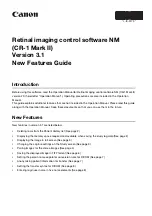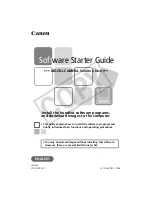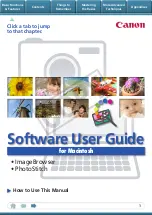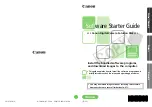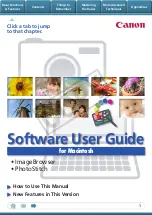
Welcome to ISDN
859
Programming Operations Guide
ISDN Layers
ISDN layers refer to the standards established to guide the manufacturers of ISDN equipment and
are based on the OSI (Open Systems Interconnection) model. The layers include both physical
connections, such as wiring, and logical connections, which are programmed in computer
software.
When equipment is designed to the ISDN standard for one of the layers, it works with equipment
for the layers above and below it. There are three layers at work in ISDN for Business
Communications Manager. To support ISDN service, all three layers must be working properly.
•
Layer 1: A physical connection that supports fundamental signaling passed between the ISDN
network (your service provider) and the Business Communications Manager system. When
the LED on a BRI S/T Media Bay Module configured as BRI is lit, your layer 1 is functioning.
•
Layer 2: A logical connection between the central office or the far end and the Business
Communications Manager system. Business Communications Manager has one or two of
these connections for each BRI link, and one for each PRI link. Without Layer 2, call
processing is not possible and there is no dial tone.
•
Layer 3: Also a logical connection between the ISDN network (your service provider) and the
Business Communications Manager system. For BRI lines, layer 3 is where call processing
and service profile identifier (SPID) information is exchanged. This controls which central
office services are available to the connection. For example, a network connection can be
programmed to carry data calls.
Note:
Throughout this chapter, references are made to Service profile identifiers (SPIDs).
SPIDs are a part of the BRI National ISDN standard. SPIDs are not used in the ETSI BRI
standard or on PRI.
The system of layers is important when you are installing, maintaining, and troubleshooting an
ISDN system. For information about troubleshooting ISDN, see the
System Management User
Guide
.
ISDN bearer capability
Bearer capability describes the transmission standard used by the BRI or PRI line so that it can
work within a larger ISDN hardware and software network.
The bearer capability for BRI and PRI is voice/speech, 3.1 kHz audio, and data (unrestricted 64
kbps, restricted 64 kbps, or 56 kbps).
Summary of Contents for BCM 3.7
Page 4: ...4 Software licensing N0008589 3 3...
Page 32: ...32 Contents N0008589 3 3 W 937 Index 939...
Page 46: ...46 Tables N0008589 3 3...
Page 64: ...64 How to get help N0008589 3 3...
Page 90: ...90 Manually activating Telnet N0008589 3 3...
Page 116: ...116 Delayed system restart N0008589 3 3...
Page 194: ...194 Configuring a data module N0008589 3 3...
Page 276: ...276 Setting line telco features N0008589 3 3...
Page 310: ...310 Using COS passwords N0008589 3 3...
Page 364: ...364 Enhanced 911 E911 configuration N0008589 3 3...
Page 380: ...380 Renumbering DNs N0008589 3 3...
Page 398: ...398 Saving wizard pages on your computer N0008589 3 3...
Page 458: ...458 Voice Mail settings N0008589 3 3...
Page 488: ...488 Setting system telco features N0008589 3 3...
Page 508: ...508 Other programming that affects public networking N0008589 3 3...
Page 522: ...522 PRI networking using Call by Call services N0008589 3 3...
Page 592: ...592 Monitoring Hunt groups N0008589 3 3...
Page 636: ...636 Configuring Double Density N0008589 3 3...
Page 640: ...640 Using the Network Update Wizard N0008589 3 3...
Page 666: ...666 Importing and Exporting DHCP data N0008589 3 3...
Page 722: ...722 Restarting the router N0008589 3 3...
Page 726: ...726 Important Web Cache considerations N0008589 3 3...
Page 748: ...748 Configuring an Interface with NAT N0008589 3 3...
Page 794: ...794 IPSec N0008589 3 3...
Page 818: ...818 Configuring the Policy Agent characteristics N0008589 3 3...
Page 832: ...832 Firewall rules for Business Communications Manager with Dialup interfaces N0008589 3 3...
Page 876: ...876 ISDN Programming N0008589 3 3...
Page 1004: ...1004 Index N0008589 3 3...































